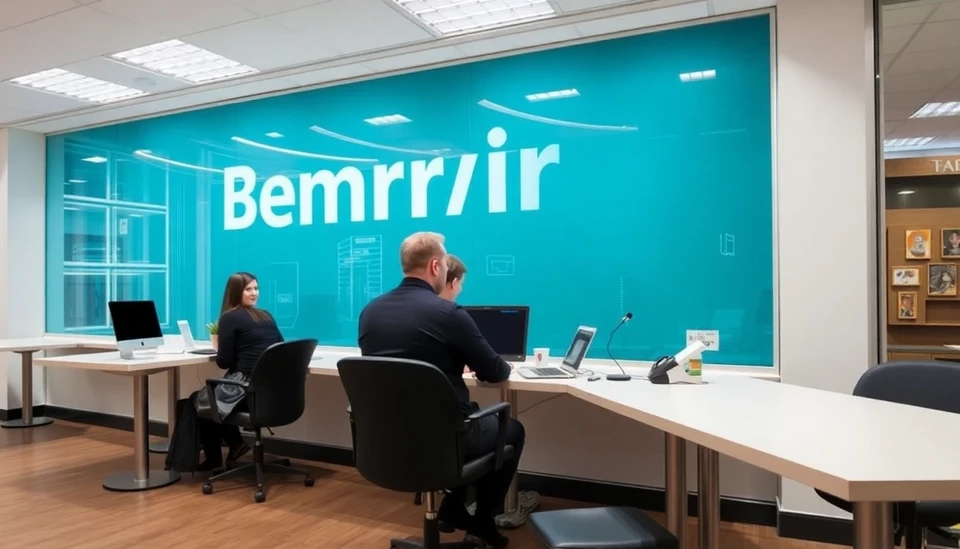
In a surprising turn of events, UK recruitment agencies have expressed growing concerns surrounding the impact of the Trump administration's tariffs on trade, which they attribute to a lack of clarity in the labor market heading into 2025. As businesses navigate turbulent economic waters, recruiters are finding it increasingly difficult to predict hiring trends and workforce needs.
The sentiment among UK recruiters is stark: the repercussions of the tariffs, initially rolled out by former U.S. President Donald Trump, have sent ripples throughout global markets, causing a ripple effect in employment sectors. With companies facing heightened costs for materials and a disrupted supply chain, many are pausing or reevaluating their hiring strategies, leading to an unpredictable labor landscape.
Recruiters have reported a marked decline in job vacancies, especially in sectors heavily reliant on imports and exports. As industries reconsider their operational models in response to economic pressures, the uncertainty surrounding future market conditions has left both employers and job seekers in a precarious position.
Moreover, recruitment professionals have pointed out that the ongoing volatility in trade relations and stock prices has contributed further to the hesitance among employers to commit to new hires. Many companies are opting to delay decision-making regarding staffing, waiting for a more stable and favorable economic environment before expanding their teams or onboarding new talent.
Experts in the field argue that the long-term implications of such trade policies could stifle growth across various markets. This sentiment is echoed by business leaders who are calling for a more stable trading environment that could foster a more robust hiring landscape in the UK. According to some recruiters, the instability may not just be a temporary setback but could lead to a significant decline in talent acquisition if businesses remain cautious in the months and years ahead.
The ripple effects of the Trump tariffs are serving as a stark reminder of how interconnected global economies are. With the impact felt across the Atlantic, UK recruiters are now left to grapple with uncertain prospects as they strive to match qualified candidates with suitable roles in an unpredictable job market.
As the situation continues to evolve, it is imperative for business owners and human resources professionals to remain agile and informed. While challenges abound, opportunities may still exist for candidates and recruiters to navigate this shifting landscape by focusing on sectors that continue to grow despite the overarching economic uncertainty.
Ultimately, the ongoing repercussions of Trump's tariffs highlight a crucial need for policy reflection and adaptive strategies in recruitment that can withstand global economic shifts, ensuring that the UK labor market remains resilient and ready to meet both current and future demands.
In conclusion, the pressure from trade policies and tariffs has created a challenging environment for UK recruiters as they look ahead to 2025. With a clearer understanding of these dynamics, stakeholders must ready themselves to adapt and react to an ever-changing labor landscape.
#UKRecruitment #TrumpTariffs #LaborMarketUncertainty #EconomicImpact #HiringTrends #TradePolicy #JobVacancies #GlobalEconomy
Author: Daniel Foster
